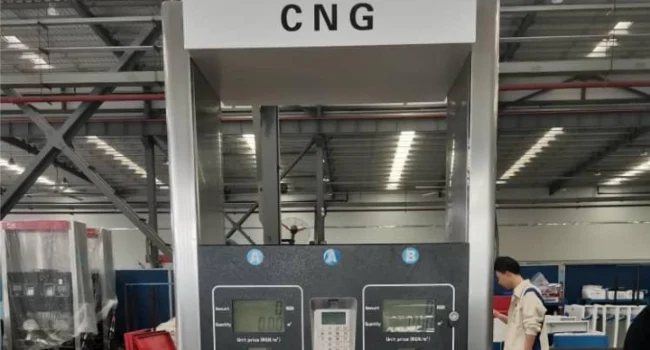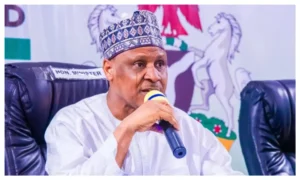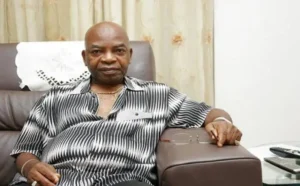In a significant move for Nigeria’s energy sector, President Bola Tinubu has called for the conversion of filling stations to compressed natural gas (CNG) outlets. This initiative, announced by Ekperipke Ekpo, the Minister of State for Petroleum Resources (Gas), underscores the government’s commitment to providing affordable and environmentally friendly fuel options for Nigerians.
During a recent federal executive council meeting, Ekpo highlighted the advantages of CNG, describing it as a safer and cheaper alternative to traditional fuels. With the rising costs of petrol, which can reach as high as N1,000 per litre, CNG presents a compelling option priced at approximately N200 per standard cubic meter. This drastic price difference means potential savings of N800 per litre for consumers, making CNG an attractive choice for both individual drivers and fleet operators.
President Tinubu’s administration is keen on driving this initiative forward. A presidential committee dedicated to the CNG project has been established to ensure that this transition is implemented efficiently. Ekpo emphasized the government’s determination to spread the use of CNG throughout the country, ensuring that Nigerians can take full advantage of the natural gas resources available.
In addition to the push for CNG, the federal executive council has also approved a plan to print one million science textbooks for secondary schools. Heineken Lokpobiri, Minister of State for Petroleum Resources (Oil), explained that this initiative is part of the Petroleum Technology Development Fund’s (PTDF) efforts to enhance education in critical areas like science, technology, engineering, and mathematics (STEM).
The textbooks will be distributed across all local government areas and unity schools, addressing educational gaps and helping to build a more skilled workforce. This is crucial for Nigeria to compete globally, as improving STEM education lays the foundation for future innovation and development.







